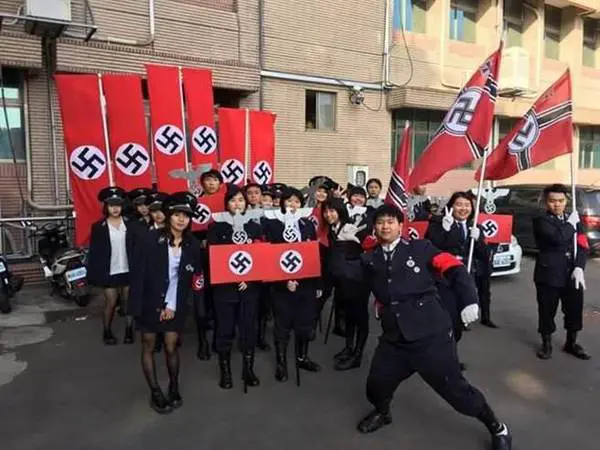As Brazil's President Michel Temer faces the looming possibility of being ousted with his credibility critically eroded by allegations of corruption, observers believe that Brazil is mulling options to tide over the prevailing political crisis.
Though Temer denies any wrongdoing and refuses to resign, the existence of potentially incriminating tapes have led key supporters of his administration to distance themselves from the presidency.
A turning point came on Friday, when influential mainstream daily O Globo published an editorial calling for the president to step down, echoing the demands of left-leaning opposition parties.
Political analysts have been publicly debating what comes next for the president: a voluntary exit or impeachment.
Paulo Kramer, a political scientist at the University of Brasilia, believes that despite Temer's insistence that he remain in office, it is likely mounting pressure will lead him to leave spontaneously.
"I think the political and business elite want a rapid resolution. This political and ethical crisis comes at a time when the economy was beginning to show signs of life, of recovery," he said.
"The crisis increases fears we will slide backwards and that this difficult recovery will be interrupted," he explained.
Brazil is no stranger to political crisis, with Temer's predecessor Dilma Rousseff impeached for alleged fiscal violations, though she maintained it was a politically-motivated legislative coup.
Yet the specter of an impeachment trial less than a year after the last one is highly unappealing, as it could affect both the economy and institutions.
"The greatest probability is the resignation of the president. The impression is that by being attacked by the country's main media group, O Globo, Temer stands less of a chance of holding on to the confidence of his allies," said Kramer.
In fact, allies are already abandoning what they obviously see as "a sinking ship."
On Saturday, the Brazilian Socialist Party (PSB) announced it was pulling out of the ruling coalition and seeking Temer's ouster.
"If the base (main allies) leaves, Temer's government will be over," said the Kramer.
David Fleischer, a political scientist at the University of Brasilia, agrees with Kramer.
Temer's chances of riding out the storm and retaining his post are small, especially since his government's package of economic reforms has stalled, he said.
In keeping with Brazilian law, the president of the Chamber of Deputies has 30 days to organize legislative elections to choose a replacement for an impeached president, and a few names have been bandied about, including Rodrigo Maia, president of the Chamber of Deputies; Carmen Lucia, president of the Supreme Court; and Finance Minister Henrique Meirelles.
"One resolution (to the crisis) would be to elect a president who provides continuity to the current economic program of austerity and reforms and meets with the Congress' approval, to restore the confidence of national and international investors," said Fleischer.
There may even be a third option.
The nation's top electoral body, or TSE, recently launched an investigation into illegal campaign financing in the 2014 general elections, specifically into whether Rousseff and her then running mate Temer received illegal funding.
If the court rules they did, it could decide to simply annul the electoral outcome, meaning Temer would have to step down anyway. The case is scheduled to be heard on June 6.
Should the TSE annul the election, it would probably still depend on the Congress to elect an interim president to complete the current presidential term through Jan. 1, 2019.
In the recordings that surfaced last week, Temer could seemingly be heard approving bribes to buy the silence of former lower house speaker Eduardo Cunha.
Brazil's Federal Supreme Court (STF) on Monday decided to postpone a hearing scheduled on Wednesday over Temer's allegations of corruption, taking into consideration of Temer's petition that the case be dropped.
STF President Carmen Lucia said the court will consider the request only after experts have analyzed the recordings in which Temer appears to be soliciting the payment of bribes to his former political ally.
Temer's future may rest on whether the court agrees to drop its investigation into the charges while he insisted that he will not resign unless he is forced out in a Monday interview with regional daily Folha de Sao Paulo.
(ASIA PACIFIC DAILY)
 简体中文
简体中文

